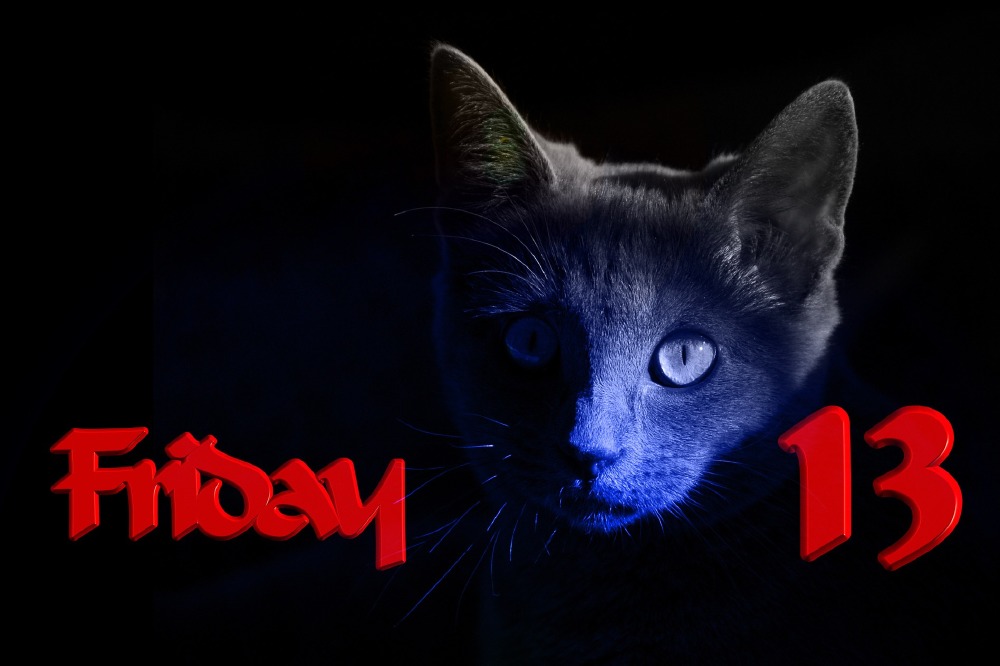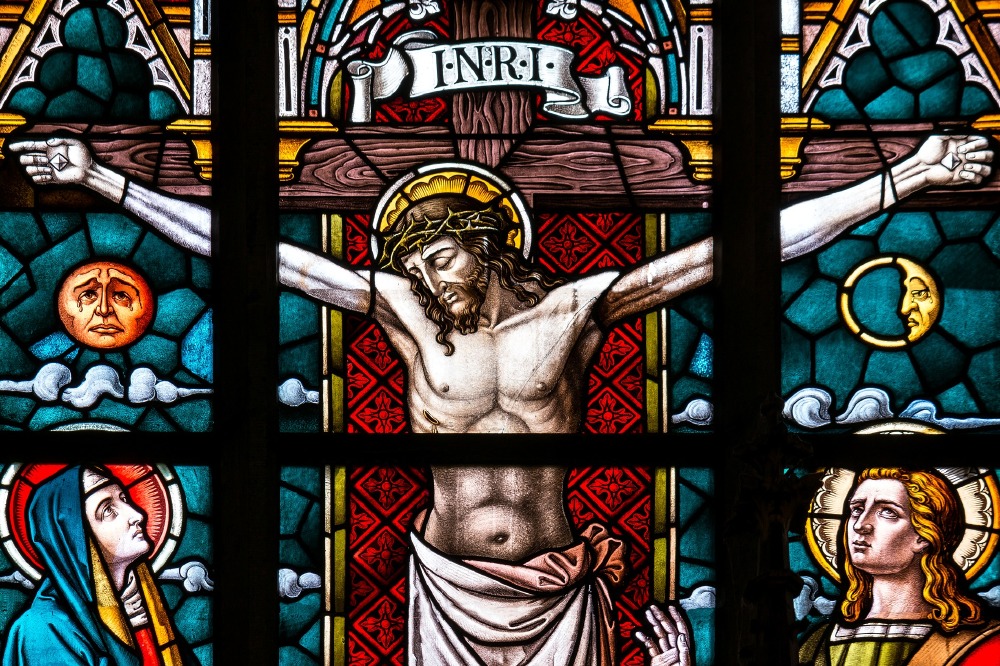Most people feel the relief that Friday brings because it means the weekend is just round the corner, but there's much more significance to this blessed day of the week than you might realise. For a start, it's the beginning of the Jewish Sabbath where families traditionally sit down for a special meal, and it's also the holy day for Muslims.

It's Friday / Pixabay
Here are the five most significant Fridays and the history behind them:
1. Black Friday
In the US it's the day that immediately follows Thanksgiving (this year it will be on November 23), and marks the beginning of the Christmas shopping period. It's been marked as such since 1952, but it only started to be used popularly in the 2000s. Participating stores tend to make special offers and display discount products throughout the day.
The tradition is also observed in the UK thanks to the rise of online retailers, but we actually have our very own Black Friday which is also known as Mad Friday, Frantic Friday or Black Eye Friday. It's the Friday before Christmas and it's the busiest time of the year for hospitals and the police service, unsurprisingly.
Alternatively, it's a reference to April 15 1921 when transport rail unions announced their refusal to support the miners in strike action during the post-WW1 mining crisis, which was widely considered something of a betrayal of the Triple Alliance.

2. Red Friday
In a similar vein to Black Friday, Red Friday refers to Friday, 31 July 1925 when the British government agreed to provide a subsidy to maintain miners' wages when deflation of the economy affected the profitability of coal exports and forced the Mining Association to cut wages and increase hours. The General Strike of 1926 came nine months later.
3. Friday the 13th
There's a Western superstition that this date is deeply unlucky. Some people fear this day so much that there's actually a phobia attributed to it known as paraskevidekatriaphobia. It's believed to have arisen in the Middle Ages with the superstition linked to the crucifixion; because there were 13 people at the Last Supper and Jesus was crucified the following day on a Friday.
Also, fans of The Da Vinci Code may favour the theory that it dates back to Friday, 13 October 1307 when Philip IV of France had hundreds of members of the Knights Templar arrested for being suspected Satan worshippers. It occurs at least once every year, but it can be up to three times. The next Friday the 13th will be in September 2019.

4. POETS Day
Slightly dated these days, but you might still occasionally hear someone refer to Friday as POETS Day: an acronym for "P*** off early, tomorrow's Saturday". It traditionally begins at 3:30pm, and there's even a pub on the University of Waterloo's Engineering Society campus called POETS ("P*** on everything, tomorrow's Saturday") and the University of Calgary's Schulich School of Engineering has a weekly gathering of the same name.
5. Good Friday
Preceding Easter Sunday in the Christian faith, Good Friday marks the crucifixion of Jesus at Calvary. It's a non-working day in most Western countries and the date, naturally, varies each year. Next year it will be on April 19. It's called Good Friday not because of the corruption of the term "God Friday" as some myths will have you believe, but because of the word "good" in the pious and holy sense of the word.


